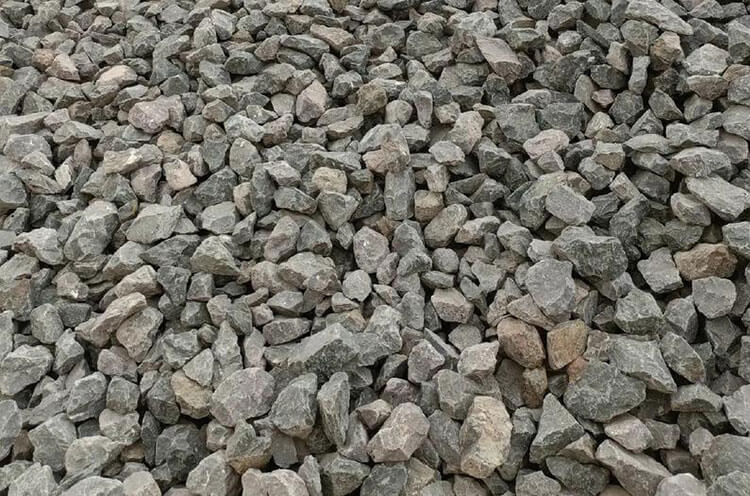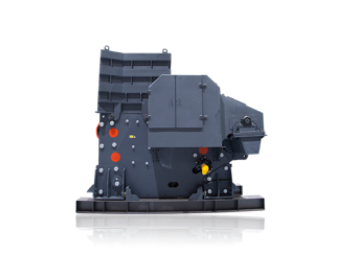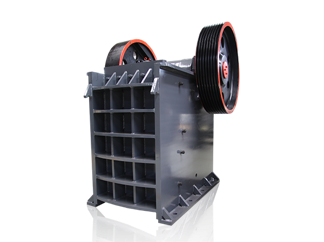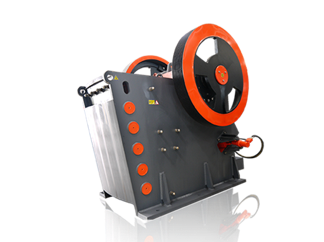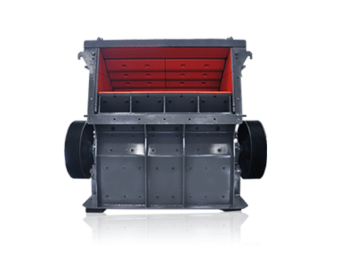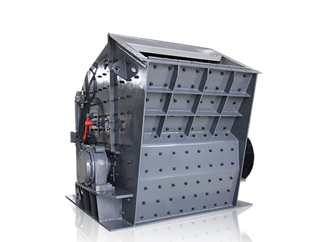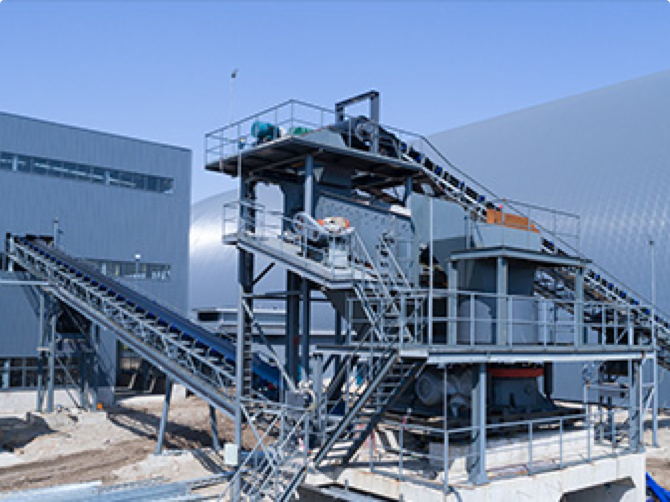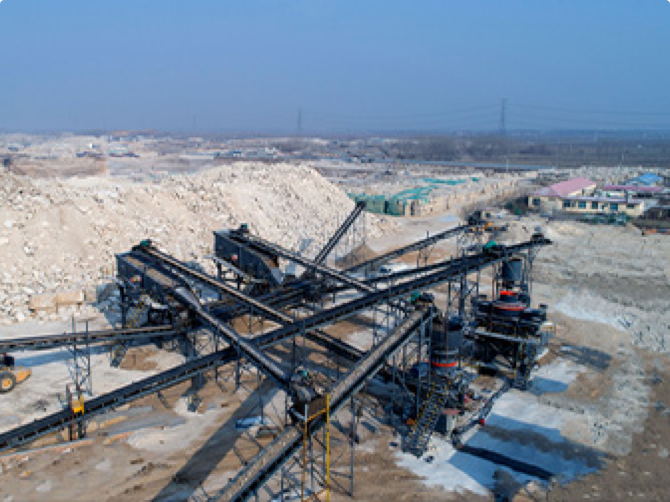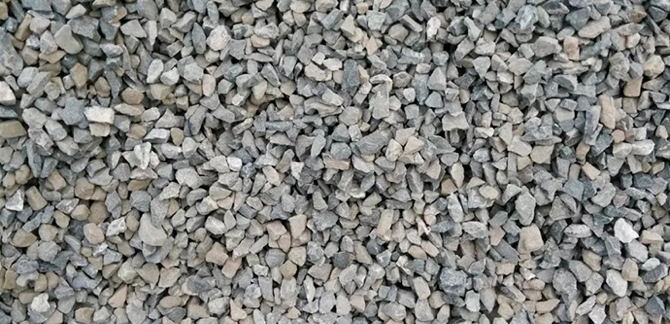Urban infrastructure development is placing increasing demand on high-strength construction materials like basalt. As cities expand vertically and transportation networks become more complex, the requirement for stable foundations and long-lasting aggregates has never been greater. Basalt, a volcanic rock rich in silica and renowned for its density, strength, and corrosion resistance, plays a pivotal role in these modern construction environments.
Unlike impact crushers, which are prone to rapid wear when handling high-silica content materials, mobile crushing plants designed with cone crushers are better suited for basalt processing. These machines ensure minimal maintenance downtime and high throughput, even under continuous load. In the context of city projects, where space is limited and disruption must be minimized, mobile crushing stations can be deployed directly at demolition or construction sites. This not only speeds up material supply chains but also recycles construction waste into reusable basalt-based aggregates.

Modern mobile stations are equipped with integrated feeders, conveyors, cone crushers, and screening systems—all controlled via intelligent automation platforms. This ensures precise particle sizing, customizable output configurations, and real-time performance monitoring. In large-scale subway projects, high-rise foundation builds, and concrete reinforcement applications, such modular mobile solutions enable contractors to meet tight deadlines without compromising quality or sustainability.
Moreover, the closed-circuit design of some mobile systems allows for continuous operation with minimal operator intervention, reducing labor costs and improving overall site safety. With advanced mobility features, including hydraulic tracks and automatic load adjustment, these systems can be relocated swiftly within urban job sites. The ability to switch quickly between crushing and screening functions without dismantling equipment reduces downtime and maximizes productivity.
Environmental considerations are also critical in urban settings. Mobile plants incorporate noise reduction technologies and dust control systems to minimize their impact on surrounding communities. Energy-efficient engines and hybrid power options are becoming more prevalent, further supporting sustainable urban development.
Additionally, the data-driven approach to plant management enables predictive maintenance and operational optimization. Real-time alerts for wear parts replacement and performance deviations help avoid unexpected breakdowns, which is essential for time-sensitive infrastructure projects.

